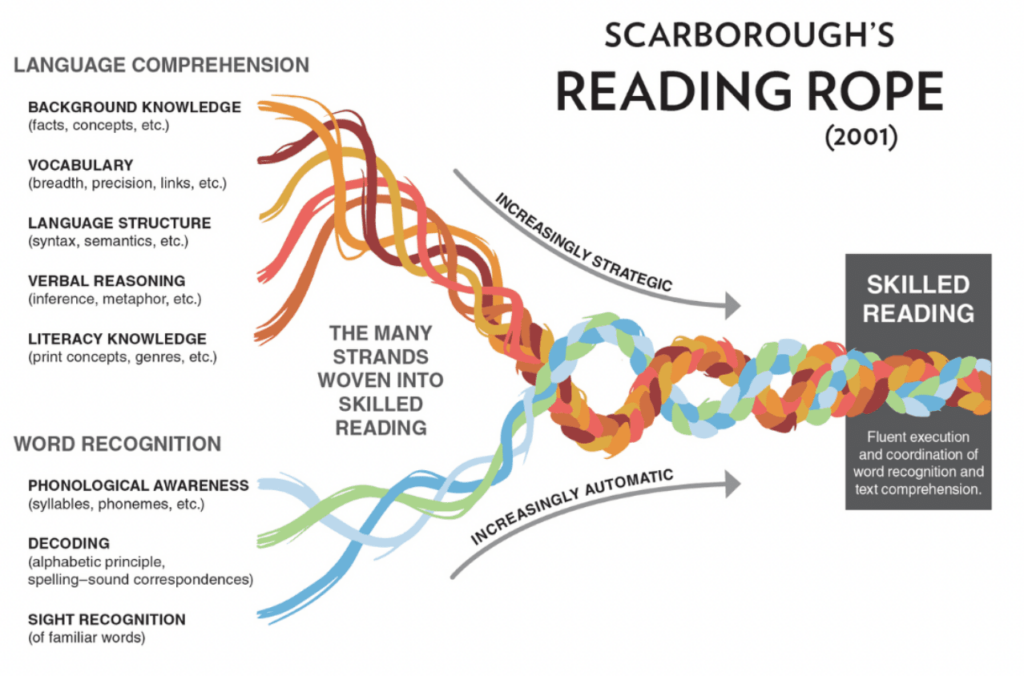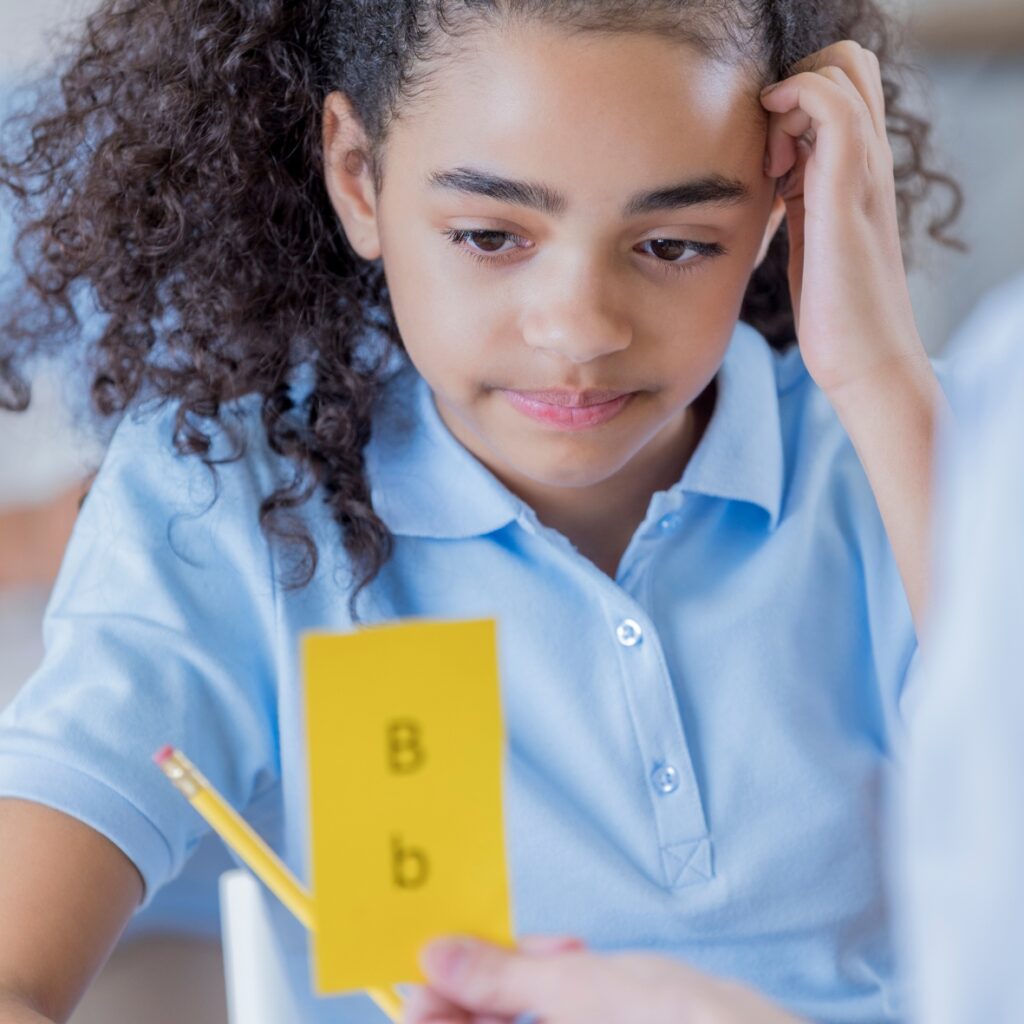The Moonrise Way
Here at Moonrise, we take a pragmatic evidence-based approach to ensure that kids develop strong English decoding and comprehension abilities. We believe that the best way to do that is to arm their strongest role-models (parents and teachers) with evidence-based knowledge and strategies that anyonecan do easily and consistently.
Educational philosophy
We have 6 key principles that underpin everything we do and ensure you’re delivering an effective, evidence-based approach to teaching kids to read and write.

1. Make reading fun
Enjoying books is essential for continued engagement.
To foster kids’ love of books, it needs to be personal, engaging and enjoyable. The best way to inspire and enthuse young kids to read is to read aloud.
2. The simple view
A simple process simplifies learning.
The Simple View of Reading (Gough & Tunmer, 1986) is a theory that has stood the test of time & continues to accurately define the skills that make up early reading comprehension as fluent word reading combined with language comprehension.


3. Synthetic phonics
Language is a formula – crack the code to decode it
Recently, phonics has become firmly established as the most effective method for teaching young kids the earliest skills for decoding language (Emmitt, Hornsby and Wilson (2013), Goswami (2010), Stahl (2011), Paris (2005), Konza (2016)). A synthetic approach moves from the simple to the complex and supports kids to learn the basic sounds of language.
4. Scarborough's rope
Break down complexity into more easily learned skills.
Created by Dr Hollis Scarborough, this model of the skills proficient readers exhibit, provides a clear understanding of the sub-skills that make up kids’ capacities to accurately decode and comprehend language (Scarborough, (2001).


5. Spaced practice
Consistent Practice is what build fluency.
No one learns any new skills on the first go. Regular, consistent practice is essential the development of strong sound-letter knowledge, which underpins everything kids do in reading and writing.
We use the same techniques as world memory champions to help kids build sound decoding and comprehension skills.
6. Life is the best teacher
Learning is all around you; find it, share it, apply new skills.
The best way to make learning stick is to make it meaningful and useful, and the only way to do that is to get out of the books and into the real world.
Our methodology supports parents and educators with achievable activities that let kids apply their learning to real world contexts.
